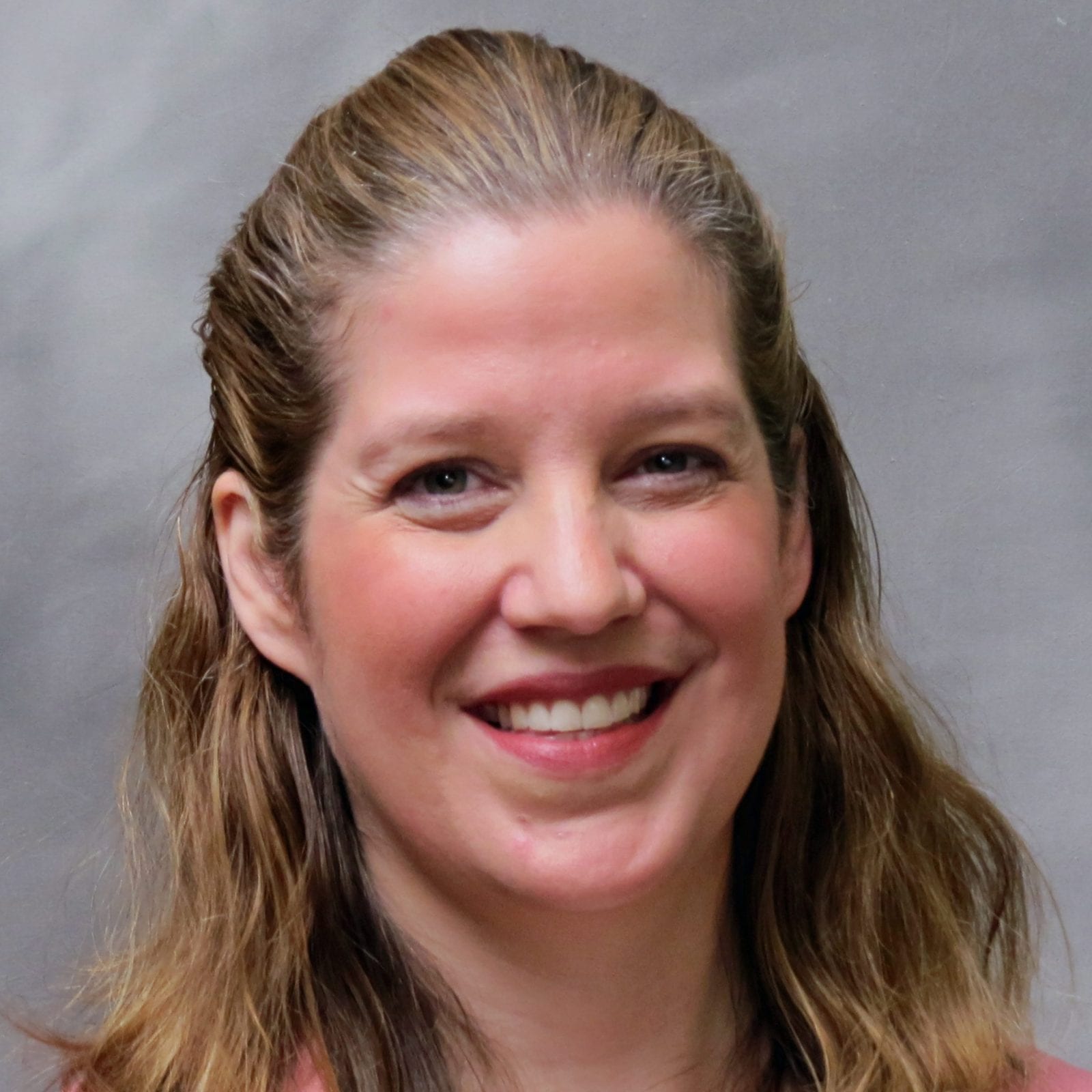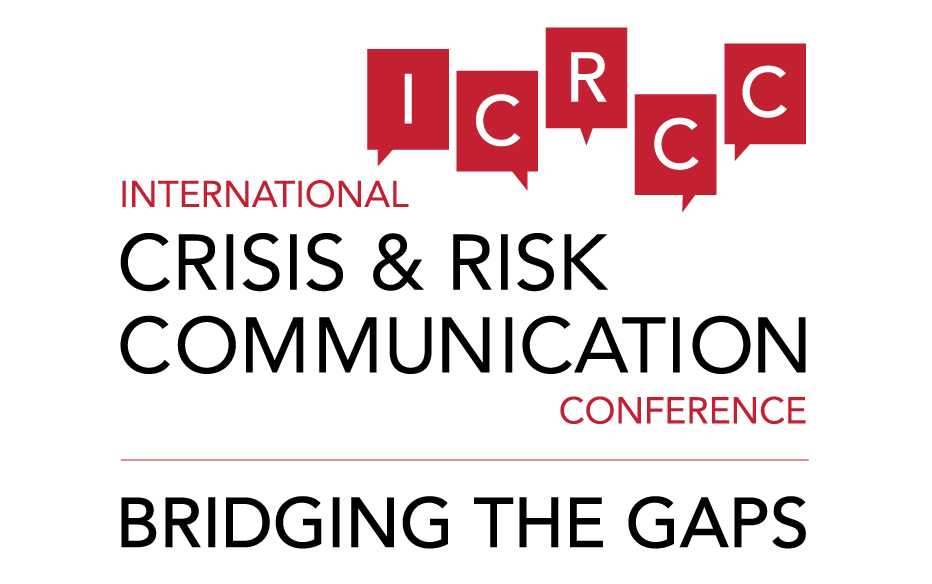
Health Communication Specialist
CDC
Dr. Laura Pechta is a Health Communication Specialist at CDC as a member of the research and evaluation team. Laura has worked over fourteen CDC emergency responses, such as Ebola, Zika, and the 2017 hurricane season, conducting real-time communication surveillance and providing research and evaluation assistance. She also leads emergency risk communication research and evaluation projects in coordination with internal and external CDC partners and provides subject matter expertise for the Crisis and Emergency Risk Communication (CERC) program. She has published in Morbidity and Mortality Weekly Report (MMWR), Risk Analysis, and has presented at several public health and communication conferences.
Presentation 1
Operationalizing Emergency Risk Communication Measures to Assess Quality, Effectiveness, and Impact of Communication Efforts during Public Health Emergencies
This session presents a recommended set of evidence-based emergency risk communication (ERC) process and outcome measures and operationalized indicators developed to assess CDC ERC efforts and adapted across a range of public health emergencies. These can be used to maximize ERC impact and provide guidance for future program improvements.
Presentation 2
Research Boundary Spanning: Understanding Crisis Communication Collaborations across Government, Academic, Non-profit, and International Organizations
Several types of organizations, spanning academic, government, to international, may collaborate to practice and research crisis communication. However, different organizational cultures can lead to misunderstandings, possibly inhibiting collaboration. This panel will bridge the cultural gaps among organizations that work together on government-sponsored research.
Presentation 3
The Effect of Organizational Communication Cultures on Interorganizational Collaboration in Crisis Response
The findings of this study illustrate that the different organizational communication cultures of a metropolitan police department and a disaster relief organization resulted in two different worldviews – crisis coordination and crisis collaboration – of how organizations think they should work together and communicate with each other when responding to a crisis.


